The End of the Morning
NewSouth, $34.99 pb, 225 pp
A mythical quality
Charmian Clift was a novelist, travel writer, and essayist who, with her writer husband George Johnston, lived with their young family on the Greek island of Hydra from 1955 to 1964. One member of the artist community who gathered around them there, the young Leonard Cohen, described them as having ‘a larger-than-life, a mythical quality’. That mythical quality was matched by real-life fame when, on their return to Australia, George’s novel My Brother Jack (1964) met with huge success, and Charmian became widely known and admired for her regular newspaper columns. Yet within five years of their return, both had died prematurely, Charmian by her own hand in 1969 and George of tuberculosis the following year.
Such tragic circumstances fed into what Clift’s biographer, Nadia Wheatley, was to call The Life and Myth of Charmian Clift (2001). As she points out, when two writers, often collaborators, both wrote autobiographical fiction where the Charmian character was called Cressida Morley, there was a blurring of boundaries between private and public areas, especially between the stories of Charmian and Cressida. This complicated the biographer’s task of untangling her subject’s ‘real’ identity from the myth.
Continue reading for only $10 per month. Subscribe and gain full access to Australian Book Review. Already a subscriber? Sign in. If you need assistance, feel free to contact us.



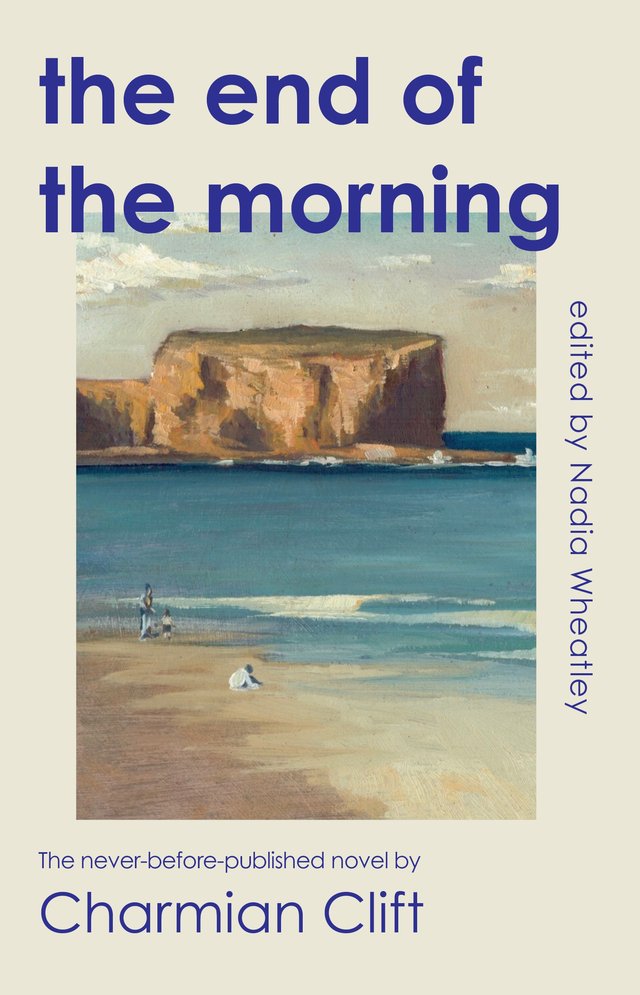




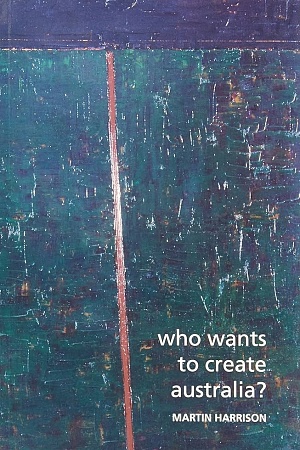
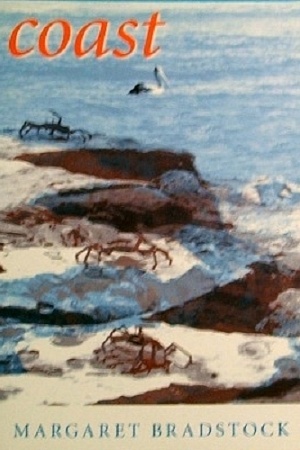
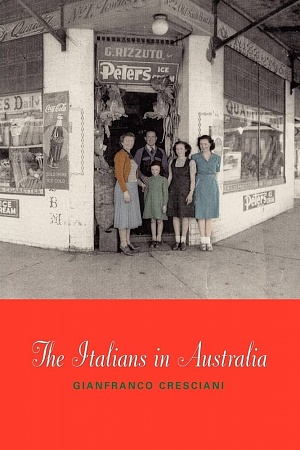
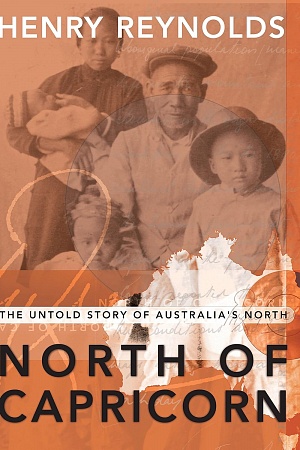




Leave a comment
If you are an ABR subscriber, you will need to sign in to post a comment.
If you have forgotten your sign in details, or if you receive an error message when trying to submit your comment, please email your comment (and the name of the article to which it relates) to ABR Comments. We will review your comment and, subject to approval, we will post it under your name.
Please note that all comments must be approved by ABR and comply with our Terms & Conditions.